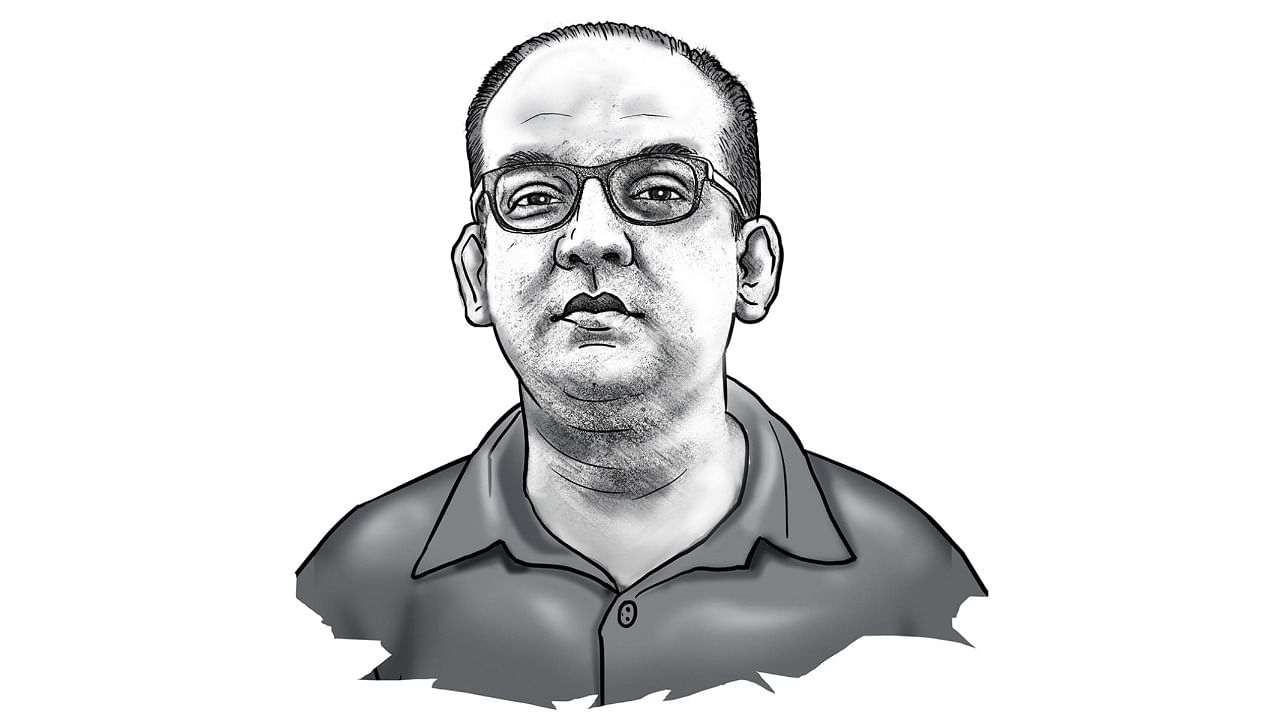
Corporate India rarely speaks out against the government. So, it was a surprise to see not one but two boss-men of the auto industry question the government on not walking the talk when it came to their industry.
As Maruti Suzuki chairman R C Bhargava put it: “There have been a lot of statements made [by the government] on the importance of the auto industry. But in terms of concrete action, which would reverse the decline in trend, I haven’t seen any on the ground.”
Vehicle sales have been down in the dumps for a few years now. The pandemic has only made the situation worse. Domestic two-wheeler sales peaked at 21.18 million units in 2018-19. They fell to 17.42 million in 2019-20, before the covid pandemic struck. They fell further to 15.12 million units in 2020-21. Passenger car sales have fallen from 3.38 million units in 2018-19 to 2.77 million units in 2019-20 and 2.71 million units in 2020-21. Commercial vehicle sales fell from around a million units in 2018-19 to about 0.57 million in 2020-21. Only tractor sales have jumped from 0.79 million units in 2018-19 to 0.90 million in 2020-21, telling us that the rural rich have done better than most of the population. Clearly, a bulk of the fall in auto sales happened before Covid struck. This slowdown has had a negative impact on the economy.
Auto majors don’t themselves produce most of the components that go into the making of their vehicles. That activity is outsourced. So, if sales fall, leading to a fall in production, it impacts everyone down the line -- from steering makers to tyre makers to steel makers to companies producing the plastic that goes into these vehicles. These companies employ many contract workers. Hence, when production contracts, the negative multiplier effect goes all the way down to thousands of individuals losing job contracts.
So, why have vehicle sales been dull? In the case of commercial vehicles, it is a direct function of the lack of fresh investment in the economy. The answer for two-wheeler and passenger car sales is slightly more detailed. Of course, the negative economic impact of Covid has had a role to play. But sales fell even in 2019-20, when there was no Covid.
One reason for sales contraction is the increase in prices. As TVS Motors chairman Venu Srinivasan said at the same event where Bhargava spoke up, “The price of the moped has gone up 45-50%. The GST on two-wheelers is the same as (that on) a luxury-level product.” The sales of mopeds fell from 0.88 million in 2018-19 to 0.64 million in 2019-20 to 0.62 million in 2020-21. Other than GST, the price increase has been on account of a series of new government mandates, like the Bharat Stage-VI norms, a rise in insurance costs, and the introduction of new safety features.
The high price of petrol and diesel has been, especially over the last two years, another negative factor holding people back. The price of non-branded petrol averaged at Rs 71.4 per litre in 2016-17 in Mumbai. It averaged Rs 107.2 per litre in July 2021. Diesel prices in Mumbai have gone up from an average of Rs 60 per litre in 2016-17 to Rs 97.3 in July 2021.
The higher price of petrol and diesel is due to an increase in central excise duty on them. In October 2018, the excise duty on petrol and diesel was Rs 16.98 and Rs 12.83 per litre, respectively. It currently stands at Rs 32.90 and Rs 31.80 per litre, respectively.
The major reason for this increase is a massive fall in corporate tax collections. In 2018-19, it had stood at Rs 6.64 lakh crore. It fell to Rs 5.57 lakh crore in 2019-20. It fell further to Rs 4.57 lakh crore in 2020-21, partly due to the cut in corporate income tax rates that the government gifted to the corporates. The government has compensated for its loss of revenue by making the common man pay higher excise duty on every litre of petrol and diesel bought.
The second-order effect of this has been that passenger car sales and two-wheeler sales have been negatively impacted. That fall in sales has had a negative impact on the overall economy.
Another major reason for the fall in auto sales lies in the fact that many individuals do not have enough confidence in their economic future to take on an auto loan to fund the purchase.
Civil aviation minister Jyotiraditya Scindia recently said: “We want to provide an affordable air travel facility to the common people. Prime Minister Narendra Modi has time and again said this facility should be such that even a person wearing “hawai chappal” (slippers) can travel by air.”
But before everyone can afford to fly between cities, it would be great if they could move around in their cities on their mopeds, scooters and motorcycles, or even small cars, for that matter. And that is something that has slowed down over the last few years. A cut in the GST rate, at least on two-wheelers, would be a step in the right direction.
At the risk of sounding like a broken record, there is no free lunch. Someone’s got to foot the bill. The trouble is that that someone doesn’t always know that they are the ones paying.